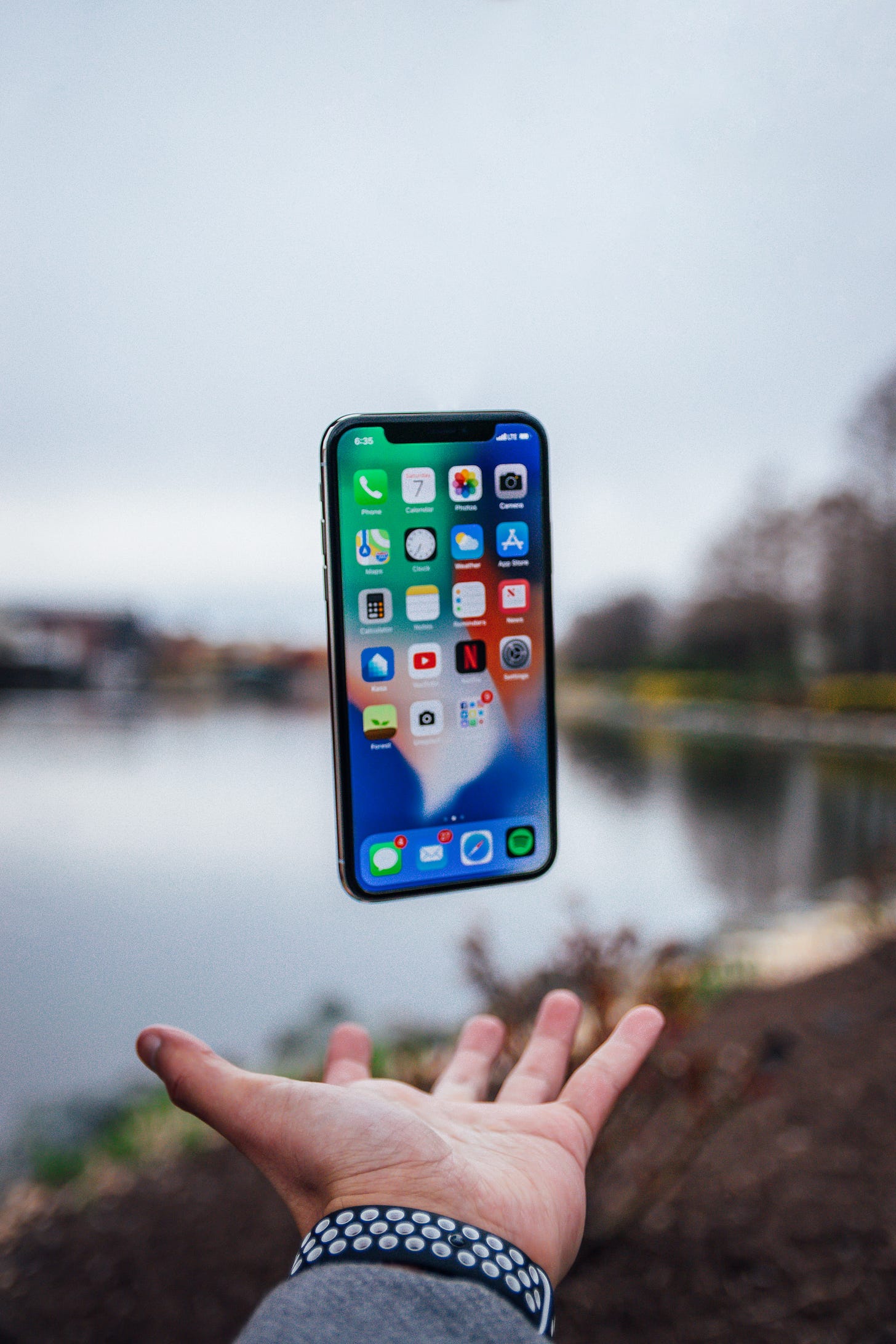The secret to happiness
Short-term happiness comes in spades, but long-term happiness is contingent on three things.
Take out your phone and look at it.
Is this the coolest thing in the world?
Unless you just bought a new phone within the past two weeks, you probably answered “no.”
But at some point, you thought the phone that you’re holding was amazing. You showed your friends the new camera. Or you sent a video of yourself talking as a cartoon chicken.
Then something happened. You stopped being excited about it.
Just last week my wife said we needed dish soap. I said, “OK,” and ordered it immediately on my phone. I said, “How amazing is it that we no longer have to have a grocery list. That we can order soap and it will show up on our doorstep in a few hours?”
She said, “Why is that amazing? We’ve been able to do that for years.”
How did this tech miracle in our hand become so ordinary? So expected?
It’s been studied. It’s called “hedonic adaptation.”
It is a uniquely human ability to reset to a baseline level of happiness, regardless of what happens to us. It serves us especially well when bad things happen.
Studies show people who are paralyzed become just as happy as they were before their accident after about six months.
And for most of human existence, life was a series of bad events. This was a necessary feature.
Starvation. Being robbed. Losing a limb. It will be temporarily unpleasant, but in a short time we will adapt and mostly be back to our old selves (in happiness, not limbs).
Hedonic adaptation makes us extremely resilient.
But something changed in the past 150 years. People started making more money. People had better, safer jobs. Women and children no longer regularly died in childbirth.
We have an abundance of great things happening to us.
But it’s not making us happier.
For example, let’s say you move to California because of the weather. How long before the lack of winter stops making you happy?
Six months.
Then hedonic adaptation will kick in, and our level of happiness will fall, and we will be looking at all those sunny days in the same way we look at our outdated iPhone.
While weather will not make us happier, it turns out there are several things that can circumvent hedonic adaptation and make us happier beyond six months.
They are our family and friends, our community, and earned success.
We all know this from the first two examples, because when a family member or friend moves away or dies, we do not stop missing them after six months. In some cases, we will never return to the baseline of happiness.
And earned successes are our accomplishments as a direct result of our hard work. This might be the degrees we have, or the businesses we started. How do we know this lasts more than six months? Ask most people where they went to college, and they will light up.
My uncle’s house is covered with University of Wisconsin memorabilia. He graduated over 40 years ago, but the pride of that accomplishment lasts far beyond our early 20’s.
If we are looking for long-term happiness, we should look beyond our iPhones and nice weather. We should look to the people, places and good works that are closest to us.
But I’m still smiling about ordering dish soap.



